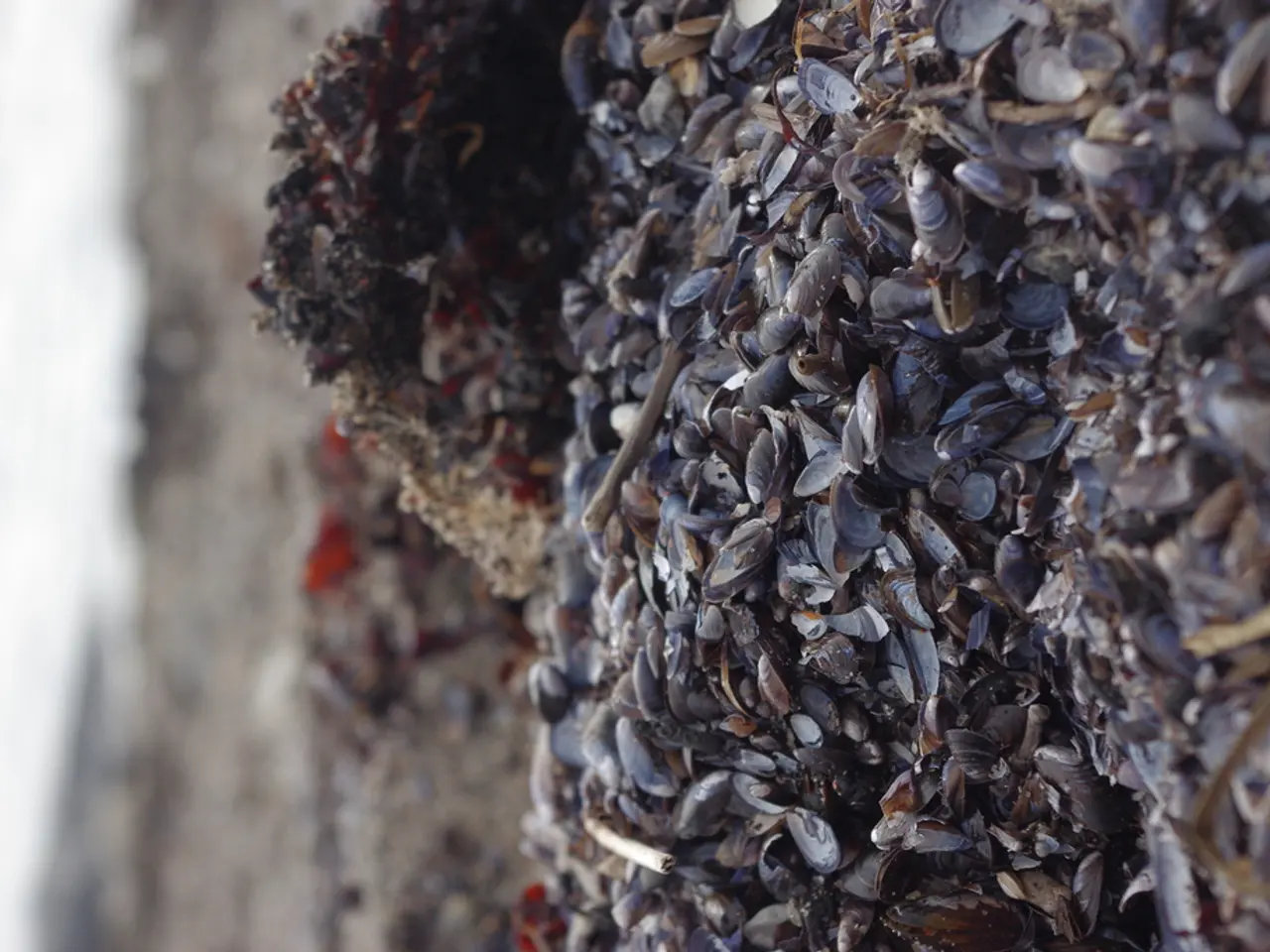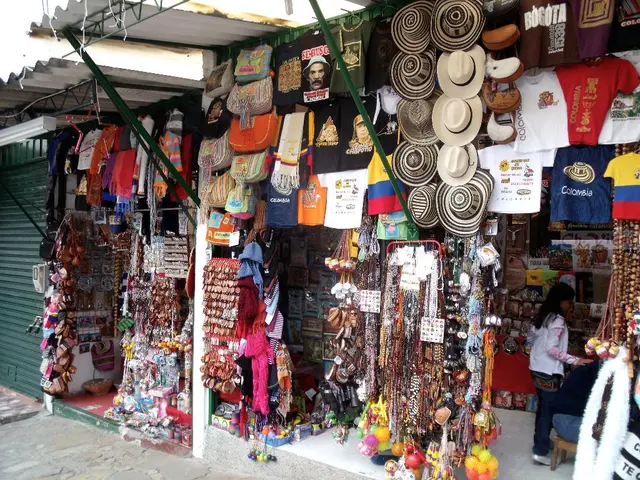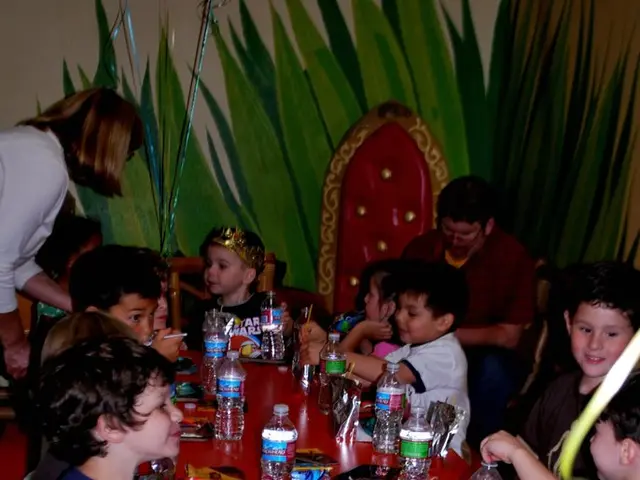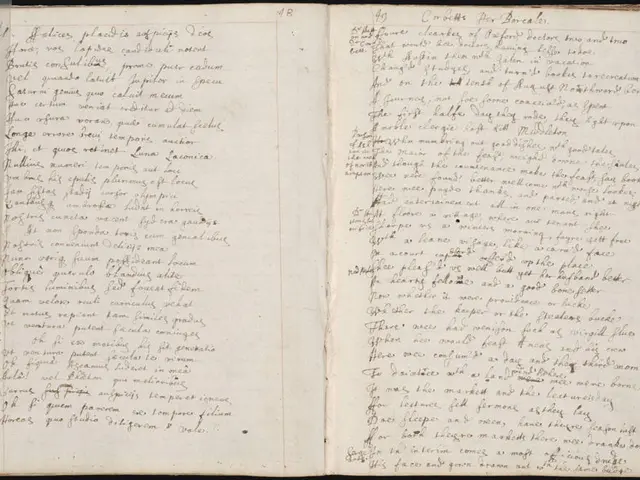Ben Harney, Known as "Moody"
In the heart of Ocean Hill, Brooklyn, Ben "Moody" Harney Jr., the founder of Real Mother Shuckers, resides and continues his mission to make the humble oyster accessible to all.
Moody's journey with oysters began in 2018 when he started working at Maison Premiere. Initially, he was not a fan of the bivalve, but his experience there changed his opinion. He learned to appreciate raw oysters, respecting their unique flavours and textures.
This newfound love for oysters led Moody to revamp an ice cream cart into an oyster cart, and he now operates outlets around the city. His venture aims to reconnect New Yorkers with their oystering history, a tradition that once thrived in the brackish waters of the New York Harbor.
In the 19th century, New York City was the oyster capital of the world, with over a million oysters being consumed daily. One of the prominent free Black oystermen during that time was Thomas Downing, also known as the "Oyster King." Downing's restaurant was exclusive and comfortable for women and children, and he parlayed its success into an export business.
Moody's work with Real Mother Shuckers has not only revitalized the tradition of oysters but also paved a way for him to help New York City high school students. He has partnered with schools to teach teenagers basic knife skills, food prep, and business management acumen.
Moody's goal is to make the oyster accessible to his own community, given its historical connection to the bivalve. While crab and shrimp are popular in Black communities, the oyster has yet to (re)cross the color barrier. However, Moody believes it could become accessible once again.
To achieve this, Moody is seeking funding from city council members and partnering with food banks and the New York City Housing Authority to provide oysters to underserved communities. He is determined to break down barriers and make the oyster a staple in every New Yorker's diet.
Red lanterns hanging outside Downing's restaurant marked drinking and raw oyster bars known as "dives." These establishments, with their rough-and-tumble atmosphere, were common in city life during the oyster's peak. Thomas Downing opened the Thomas Downing Oyster House at 5 Broad Street in 1825, which was a departure from these rough-and-tumble oyster cellars.
In the Sandy Ground neighborhood of Staten Island, freed Black people settled in 1833, establishing the first free Black community in New York State. The oyster played a significant role in the lives of these early settlers, and Moody's venture seeks to honour this history.
Moody's success with Real Mother Shuckers has led to several brick-and-mortar locations. However, the New York-based food supplier and entrepreneur who revitalized the tradition of oysters while preserving a historically Black craft is not identified in the provided search results. But one thing is certain: Ben Moody is on a mission to bring the oyster back to its rightful place in New York City's culinary scene.
Read also:
- Inherent Skills Know No Bounds, Yet Access to Employment Remains Unequal: Suggestions for a More Equitable Job Market of the Future
- Leading Animation Studio in Germany: Comprehensive Pick Guide
- Subaquatic Education Bundle
- "Should conservatives have concerns about you, they likely would have triumphed by now"








